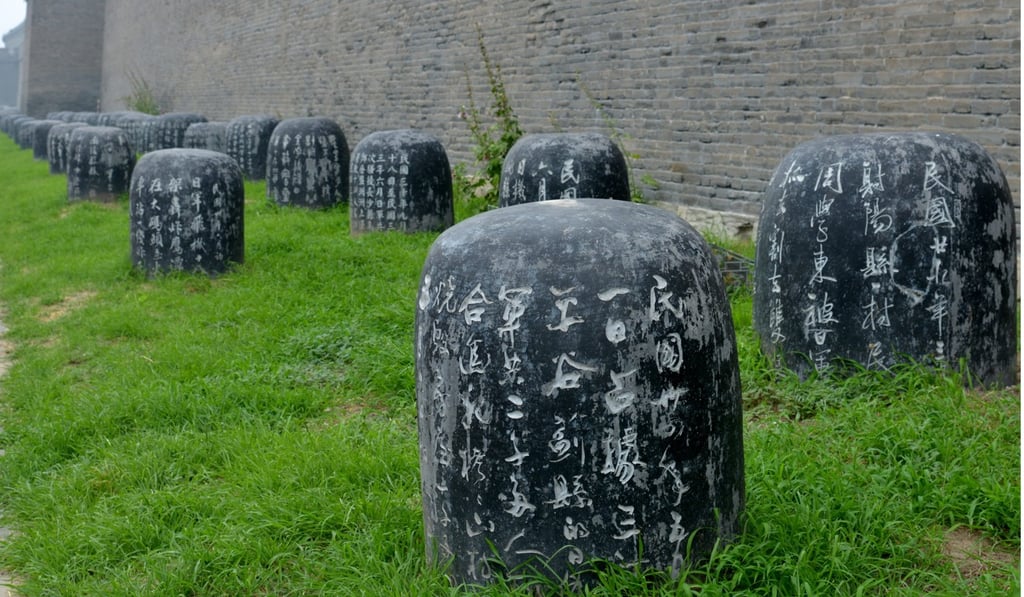Asian Angle | After 80 years, China should not forget its war with Japan, but remember it’s over
On the anniversary of the Marco Polo Bridge incident, China is still thinking about the legacy of the war, as it should. But Japan is no longer the Empire of Japan, and progress requires moving beyond painful memories

It doesn’t loo k like the kind of place where the destiny of nations is decided. Around 15km from the centre of Beijing, Lugouqiao is a picturesque spot. Its sculpted bridge attracted praise from no less a figure than the West’s most famous pre-modern traveller to China – hence its English nickname, the “Marco Polo Bridge”.
Conflict, not tourism, shaped events at that bridge exactly 80 years ago this weekend. On July 7, 1937, local Chinese troops clashed with Japanese troops stationed there, a result of a Japanese presence that had grown increasingly aggressive in north China since the 1920s. Within days, the localised conflict had expanded into an all-out war between the Republic of China, led by Generalissimo Chiang Kai-shek, and the Empire of Japan. The events of July were the forerunner to some eight years of brutal war, which would see massacres in cities such as Nanjing ( 南京 ) and Xuzhou (徐州), battles in places as far apart as Taierzhuang, Changsha (長沙) and Hengyang (衡陽), and the deaths of perhaps 14 million Chinese, with more than 80 million becoming refugees.

For many years, the full story of that terrible war was not much discussed in China, in part because Mao Zedong’s ( 毛澤東 ) China was unwilling to acknowledge that other actors apart from the Communist Party, notably the Kuomintang (Nationalist) government and the United States, had been instrumental in China’s ultimate victory over Japan. But this absence has been reversed since the 1980s, with much more acknowledgement on the mainland of the contribution of non-Communist actors.
On September 3, 2015, a major parade was held in Tiananmen Square, commemorating the seventieth anniversary of the end of China’s war with Japan, in which four Kuomintang veterans took part alongside four Communist ones.

